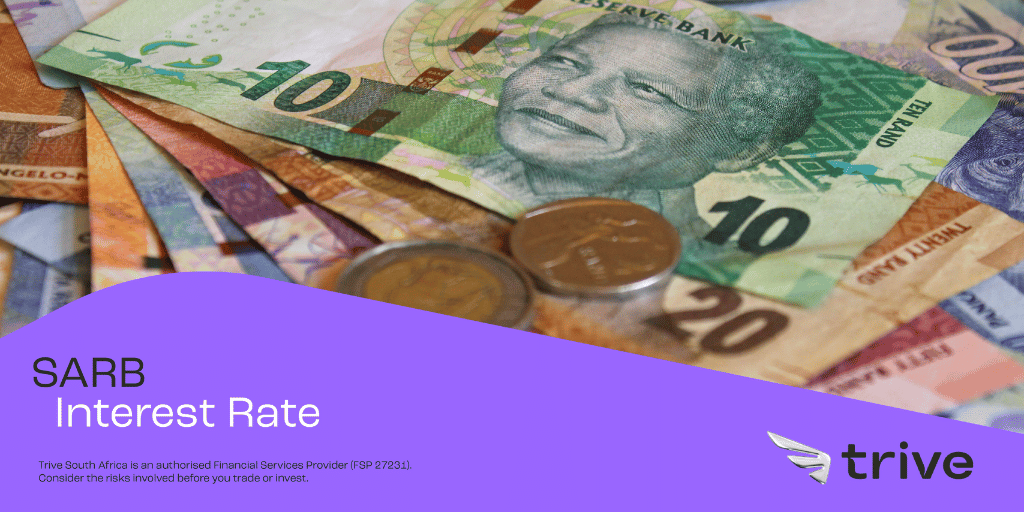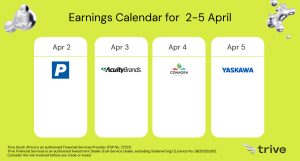
With March drawing to a close, sticky inflation and sluggish economic growth prevail as the primary focal points amongst market participants as we head into the second quarter of 2023 with hopes that inflation will soon come under control.
With the 30th of March marking the second MPC meeting of 2023, general market consensus estimates pointed toward a 25-basis point hike in the days leading up to the announcement, but Governor of the South African Reserve Bank (SARB), Lesetja Kganyago, shocked market participants by announcing a higher-than-expected 50-basis point hike. This decision brings the repo rate to 7.75% and the prime rate to 11.25%, “the highest level since 2009.” With the U.S. Federal Reserve hiking rates by 25 basis points last week, many had expected the SARB to follow suit, but South Africans are now left to digest a shock 50-basis point rate hike, which will come in effect from Friday, the 31st of March 2023.
According to Lesetja Kganyago, “inflation pressures remain a risk” while rolling blackouts are significantly “pushing up the cost of living,” as sticky inflation is currently “shaped primarily by fuel, electricity, and food.” Despite the South African economy contracting by a significant 1.3% in the fourth quarter of 2022, considerably worse than expected in January’s MPC meeting, fuel price inflation has done quite the opposite, coming in at an alarming 34.4% for 2022. With food and fuel inflation expected to ease, headline inflation is forecast to remain above the upper target band until at least the third quarter of 2023. It is only expected to sustainably revert to its mid-range target by the fourth quarter of 2024.
In a heated battle against inflation with the SARB hiking rates by 50 basis points in the March MPC meeting, the Rand gained some strength against the U.S. Dollar following the announcement, but “Kganyago warned that further Rand weakness is likely, which would further fuel inflation.” As market participants carefully navigate a turbulent environment, all attention shifts to how the higher-than-expected rate hike will affect economic growth prospectively.
Sources: Bloomberg, BusinessLive, News24, South African Reserve Bank, Trading View
Disclaimer: Trive South Africa (Pty) Ltd, Registration number 2005/011130/07, and an Authorised Financial Services Provider in terms of the Financial Advisory and Intermediary Services Act 2002 (FSP No. 27231). Any analysis/data/opinion contained herein are for informational purposes only and should not be considered advice or a recommendation to invest in any security. The content herein was created using proprietary strategies based on parameters that may include price, time, economic events, liquidity, risk, and macro and cyclical analysis. Securities involve a degree of risk and are volatile instruments. Market and economic conditions are subject to sudden change, which may have a material impact on the outcome of financial instruments and may not be suitable for all investors. When trading or investing in securities or alternative products, the value of the product can increase or decrease meaning your investment can increase or decrease in value. Past performance is not an indication of future performance. Trive South Africa (Pty) Ltd, and its employees assume no liability for any loss or damage (direct, indirect, consequential, or inconsequential) that may be suffered from using or relying on the information contained herein. Please consider the risks involved before you trade or invest.




